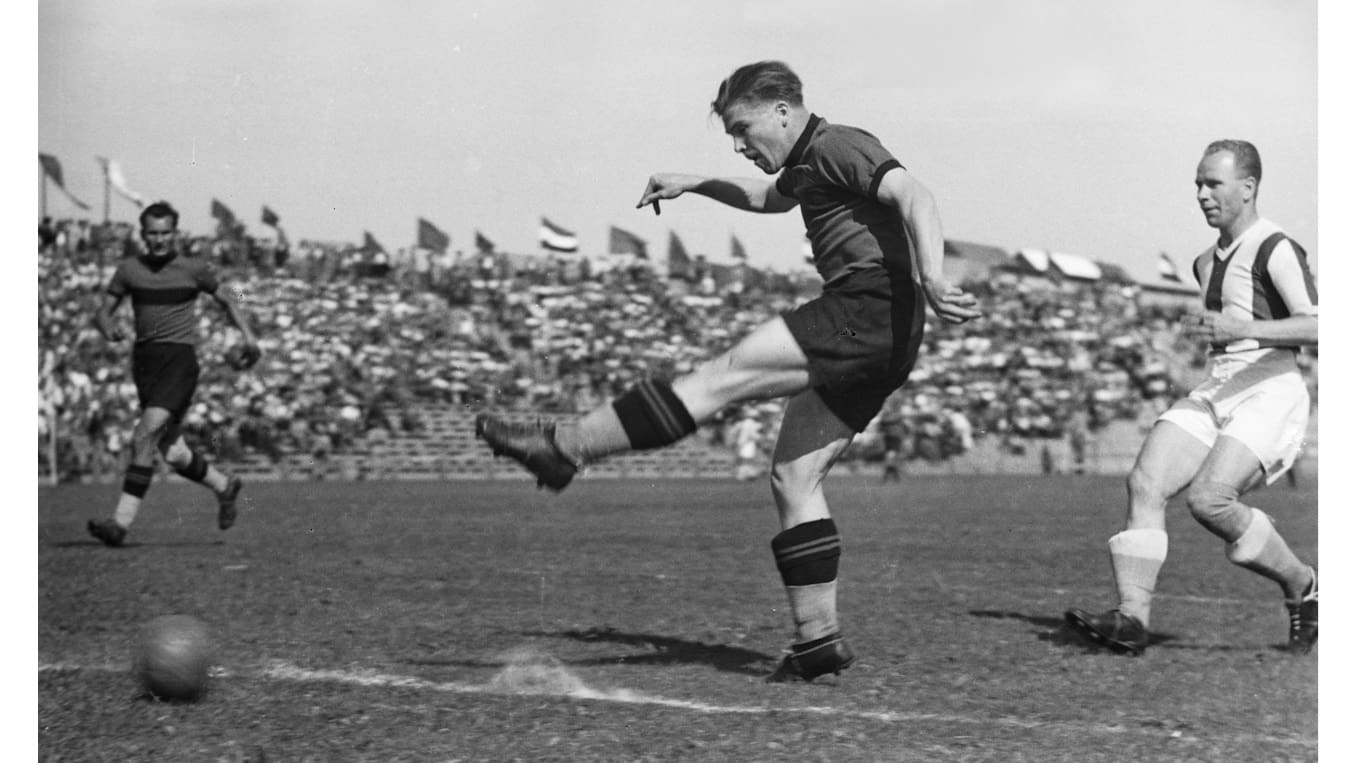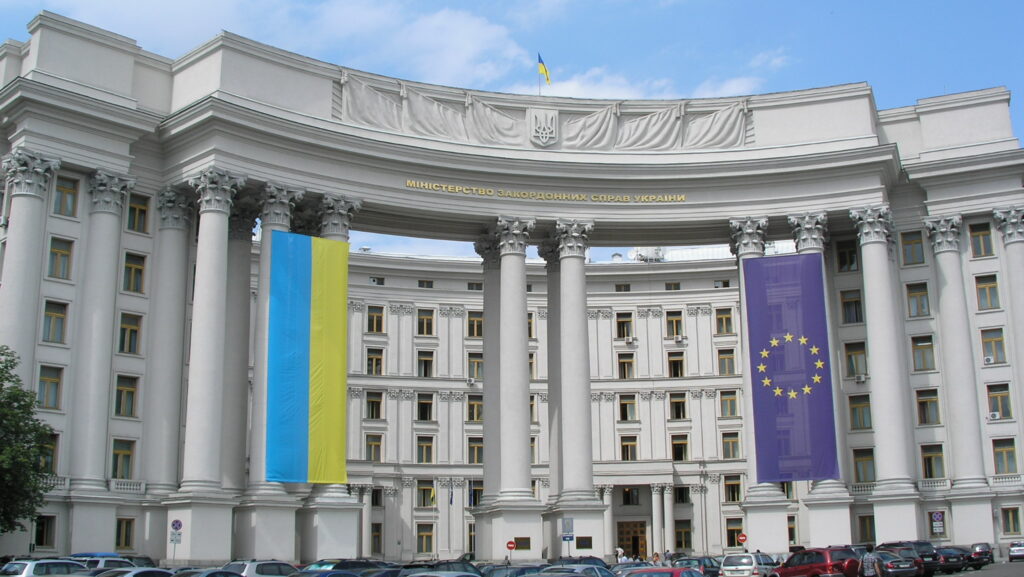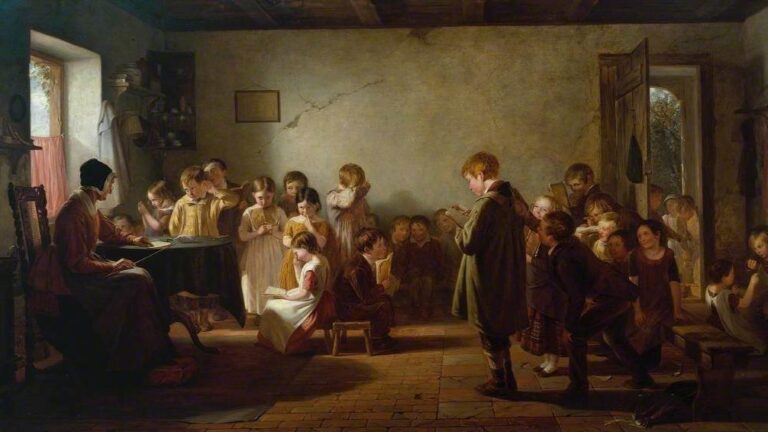Ferenc Puskás—if there is one name every Hungarian knows for sure, it is his. He led the Mighty Magyars, the Hungarian National Football Team of the 1950s, to international stardom and admiration. The national stadium, which regularly fills up with 60,000 people when the National Team of today plays, bears his name. The old Népstadion (People’s Stadium) took on his name in 2002, and thus became the Ferenc Puskás Stadium. That structure has since been mostly torn down, and the new, modern Puskás Arena was built in its place.
For a figure this well-known from the 20th century, it is quite unusual to have some confusion about his birthday—which was his own making. Ferenc Puskás was born on 1 April 1927 in Budapest, Hungary. However, he did not like the fact that his birthday fell on April Fools’ Day, he had always felt some kind of unwarranted shame over it. So, he always celebrated on the 2nd instead. Thus, at times, even major publications in Hungary took his word for it instead of checking his paperwork (quite understandably, to be fair), and his 2 April birthday almost became ‘canon’ in the literature about the Galloping Major.
Ferenc Puskás ● Goals & Skills
The Hungarian striker crazy goals and skills. ●Music: Tobu – Candyland ●Video Editor: Premier Pro CC
Interestingly, there is a similar story involving another member of the Hungarian Golden Team.
Goalkeeper Gyula Grosics’ legal first name is György, not Gyula. However, when he was in kindergarten, one of his classmates asked him ‘Why are you named György? Don’t you know that when a pig squeals, it says “Gyu-ri, Gyu-ri”?’ Gyuri is the common diminutive form of the Hungarian first name György. This stuck with poor young Grosics so much that he started to use his other given name, Gyula instead (which would be his middle name in English name order). Grosics was also a teammate of Puskás at Budapesti Honvéd, not just on the National Team.
The Amazing Career of Ferenc Puskás
So, to honour his wishes, let’s celebrate the legendary Hungarian footballer’s life and achievements on 2 April, not on the 1st.
Puskás became a top-division footballer in his boyhood club Budapesti Honvéd (formerly Kispesti AC), which he led to a time of greatness. They won the Hungarian championship a total of five times between 1949 and 1955, with Puskás being the top scorer in the league four times. In the 1947–1948 season, he scored a whopping 50 goals!
He made his debut in the National Team in 1945. In 1952, they won the gold medal at the Helsinki Olympics.
The Mighty Magyars, as they are best known in international sports literature (local Hungarians tend to refer to them as Aranycsapat, meaning Golden Team) arrived at the 1954 FIFA World Cup in Switzerland unbeaten for four years, a run that included the ‘Match of the Century,’ the 6–3 victory over England at Wembley in 1953.
Alas, that unbeaten streak ended in the most important match of all, in the World Cup final. Despite taking a 2–0 lead early, Hungary ended up losing to West Germany 3–2. So far, only eight nations in the world can boast a World Cup victory—we, Hungarians were very close to making that exclusive club nine…
Puskás deserted Communist Hungary after the 1956 Revolution. The Communist regime lobbied FIFA into giving him a two-year suspension, but that did not end his career—in fact, he came back stronger than ever. He joined the Spanish side Real Madrid in 1958, with whom he won the Spanish La Liga five times between 1960 and 1965.
Real Madrid won the first five competitions of the newly founded European Cup (known today as the UEFA Champions League) between 1956 and 1960. Puskás himself won the most coveted title in European football three times: in 1959 and 1960, then once again in 1965.
In the 1960 final, he scored four goals against Eintracht Frankfurt during a 7–3 victory.
His four goals are still the most scored by one player in the top European club competition’s final.
Ferenc Puskás also had a successful coaching career, the most notable achievement of which was taking the Greek club Panathinaikos to the EC final in 1971. Puskás moved back home to Hungary after the communist regime’s fall in 1991. He passed away on 17 November 2006, aged 79, in his hometown of Budapest, Hungary.
Related articles:








